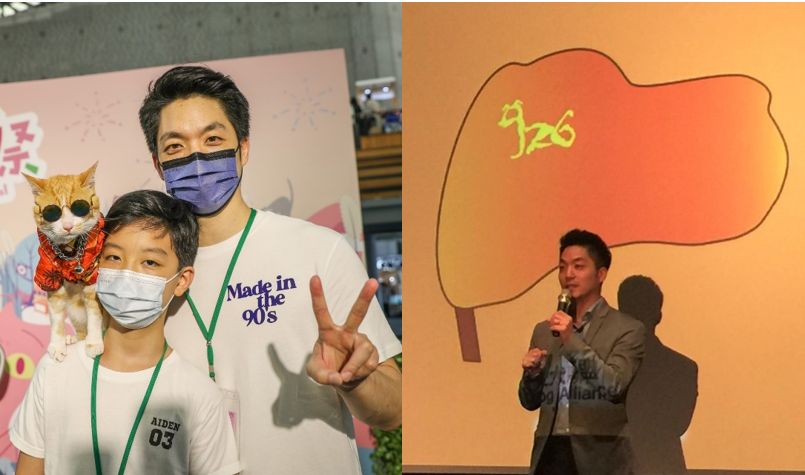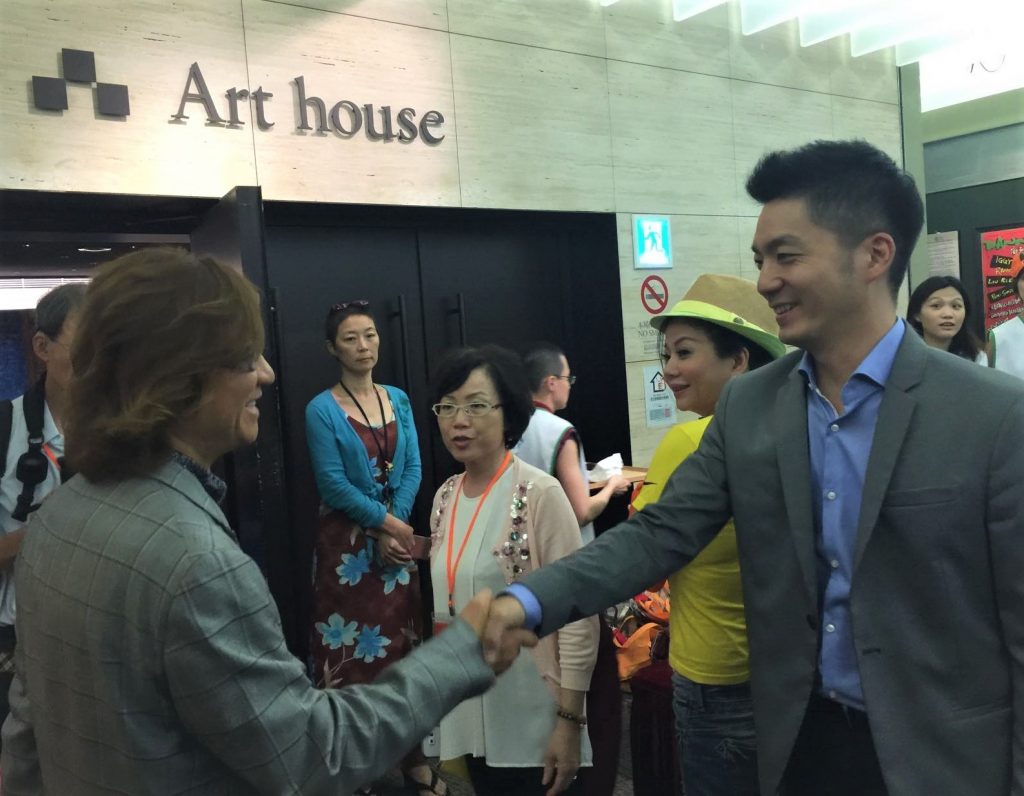
The election of Taipei City’s mayor is a must for all political parties, as the city is known as the best city in the world. This is why this year’s candidates have not been careless about their animal protection policies.
On 25 May 2022, the Kuomintang officially nominated Chiang Wan-an as its candidate for Taipei City Mayor, and he immediately launched his campaign to solicit proposals from animal protection groups. In fact, Chiang was once very passionate about animal protection issues, and was a guest of honour at the World Dog Day conference held by the World Dog Alliance in Taipei in 2016, where he was awarded the Golden Dog Award.
He also hopes that the Taipei Metro can be modelled on Japan’s new pet car, so that pets are no longer trapped in crates.

Taipei City, which prides itself on being a model city for animal protection, has always been highly anticipated by animal protection groups, so in response to the consultation on the mayoral candidates, each group put forward three to four proposals, except for the World Dog Alliance, which put forward only one. The proposals ranged from promoting livestock-friendly aquatic products and abolishing the live poultry trading system, to establishing an “animal protection bureau”, overhauling public shelters, transforming zoos, and setting up animal protection education base schools.
The proposal put forward by the World Dog Alliance is to establish an affordable and quality municipal animal hospital. This proposal is based on a survey conducted by the Taiwan Institute of Economic Research, which found that medical expenses for pets in Taiwan are second only to the cost of pet food, and are a significant burden for owners, especially in cases of emergencies or serious chronic illnesses, which can catch owners off guard or cause long-term burdens.
A not-for-profit hospital covering both the feline and non-feline sectors, with a good specialist roster, would undoubtedly meet the needs of many owners and indirectly reduce the problem of abandonment of sick and elderly animals. In addition, a blood bank for dogs and cats, which has been called for by Taiwanese owners for many years, could also be attached to the municipal animal hospital to improve the blood donation process and system.
Does this kind of animal hospital make your heart skip a beat? Let’s wait and see if it will become the mayoral candidate’s animal protection policy.
